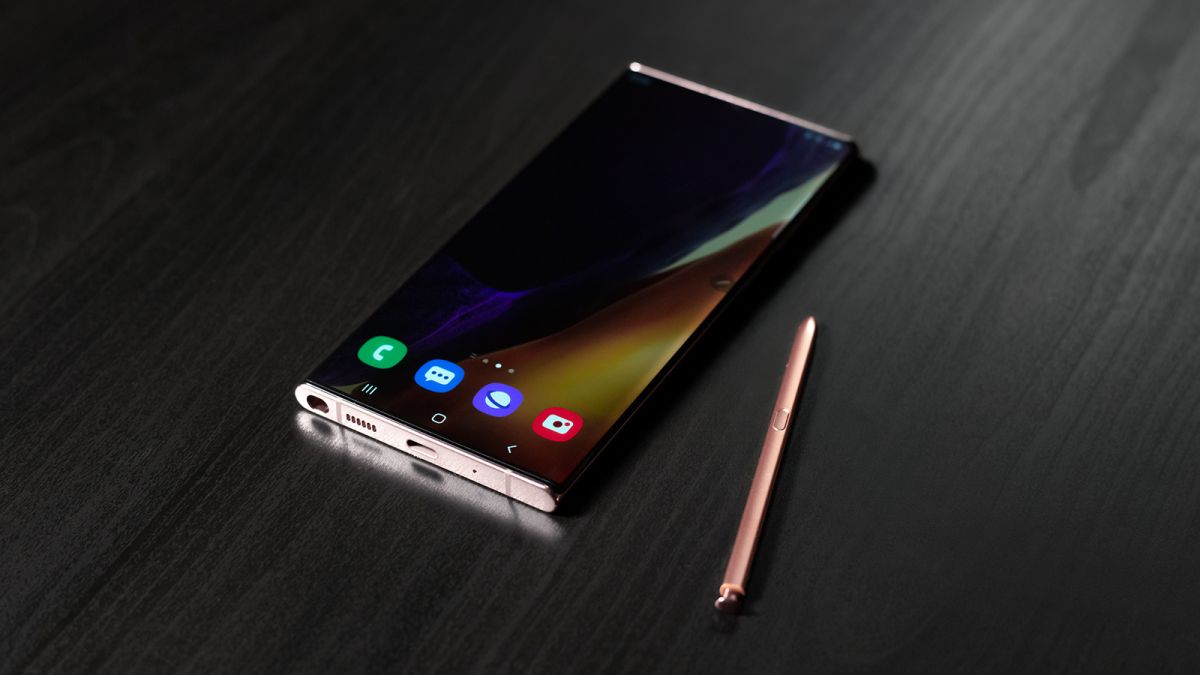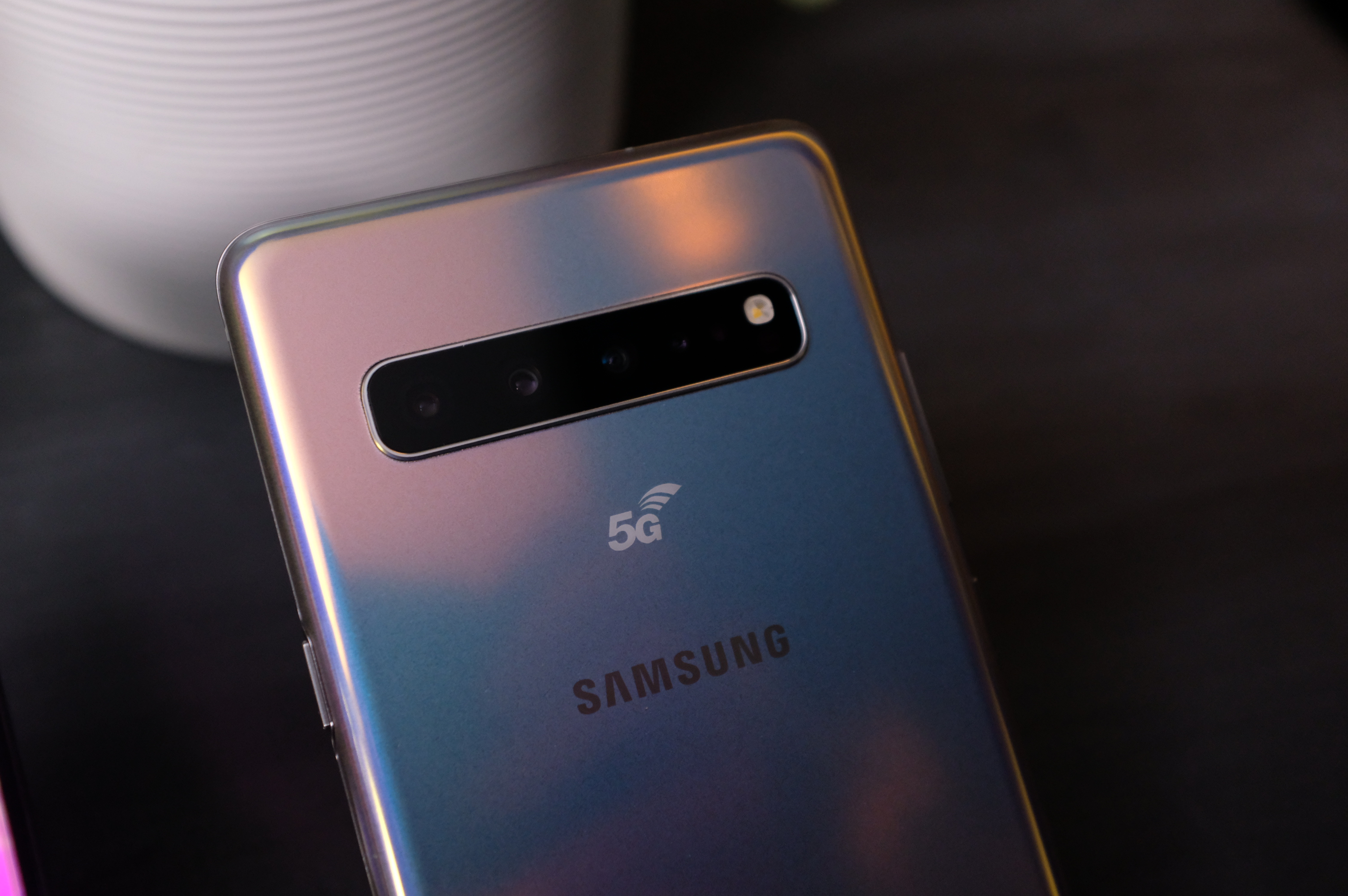If you've been surfing the web since the beginning of the year, you've undoubtedly been barred with news and advertising about 5G, the next wireless technology of the century.
However, what you still haven't heard or seen much of is clear examples of what advantages 5G can offer to ordinary people over the 4G service we have today.
In this article, we discuss the differences between new 5G phones, and phones of the past. Read on to learn more.

How Does 5G Work?
5G networks can be constructed from various wavelength spectrum bands, in different ways: low-band, mid-band, and high-band.
High band millimeter-wave frequencies provide more bandwidth available to carry more data in dense urban areas but need close proximity of cell sites and minimal penetration of buildings.
However, most of it's bandwidth is already in use, so it isn't available for 5G expansion. With 5G extensive data, volumes can be more effectively transmitted than 4G LTE.
That means more excellent network stability, quicker updates, and more connected device support than ever before. 5G won't replace 4G anytime soon.
What to Expect
While AT&T, Verizon, T-Mobile, and Sprint have all launched their 5G networks, there are still certain problems. First, only a handful of 5G-compatible smartphones are on the market, although that number is increasing with a boom coming in the fall.
Coverage now reaches more expansive areas, and speeds are only moderately faster than 4G.
What's the Difference?
First of all, if you hear about the "5GE" phones from 5G Wi-Fi or AT&T, they are not 5G cellular. 5G means it's a wireless technology "generation".
While most generations have been technically defined by their data transmission speeds, each was also marked with a break in encoding methods, or "air interfaces", which make it incompatible with the previous generation.
1G was a cellular analog. The first generation of digital cellular technologies were 2G technologies, such as CDMA, GSM, and TDMA. 3G technologies, such as EVDO, HSPA, and UMTS brought speeds to a few megabits per second from 200kbps.
The next incompatible leap forward was 4G technologies, such as WiMAX and LTE, and they are now scaling up to hundreds of megabits and even gigabit speeds.
What Does 5G Offer in General?
5G brings to the game three new aspects: larger channels (to speed up data), lower latency (to be more responsive), and the ability to connect many more devices at once (for sensors and smart devices).
The actual 5G radio system, known as 5G-NR, is not identical with 4G. But for now, all 5G devices in the US need 4G because they're going to lean on it to make initial connections before trading up to 5G where available.
That is technically known as a network called a "non-standalone", or NSA. Our 5G networks will become "standalone", or SA, later this year, without the need for 4G coverage to work.
5G Phones Out There

Manufacturers with mobile phones have begun the release and planning of models that can run 5G. Whether you think we need 5G or not, look no further if you plan to buy a 5G-capable phone.
There's absolutely no denying that Apple will eventually pick up 5G. The whispers currently indicate that the iPhone will not be looking to release a 5G iPhone by 2020.
The Pixel 4 came and went without a 5G variant, which can lead many to suspect that the Pixel 5 may be the first Google phone supported by 5G.
Google's midrange Pixel line may have only debuted last year, but it wasn't expected to be the Pixel line's pioneering branch with 5G in mind.
Conclusion
As mobile phones change into devices intended for use with VR headsets, 5G's very low latency and consistent speeds will give you an enhanced world. As it promotes every home router to become a cell site, the small cell aspects of 5G may also help with in-building coverage.
Last updated on September 18th, 2020 at 05:32 pm






